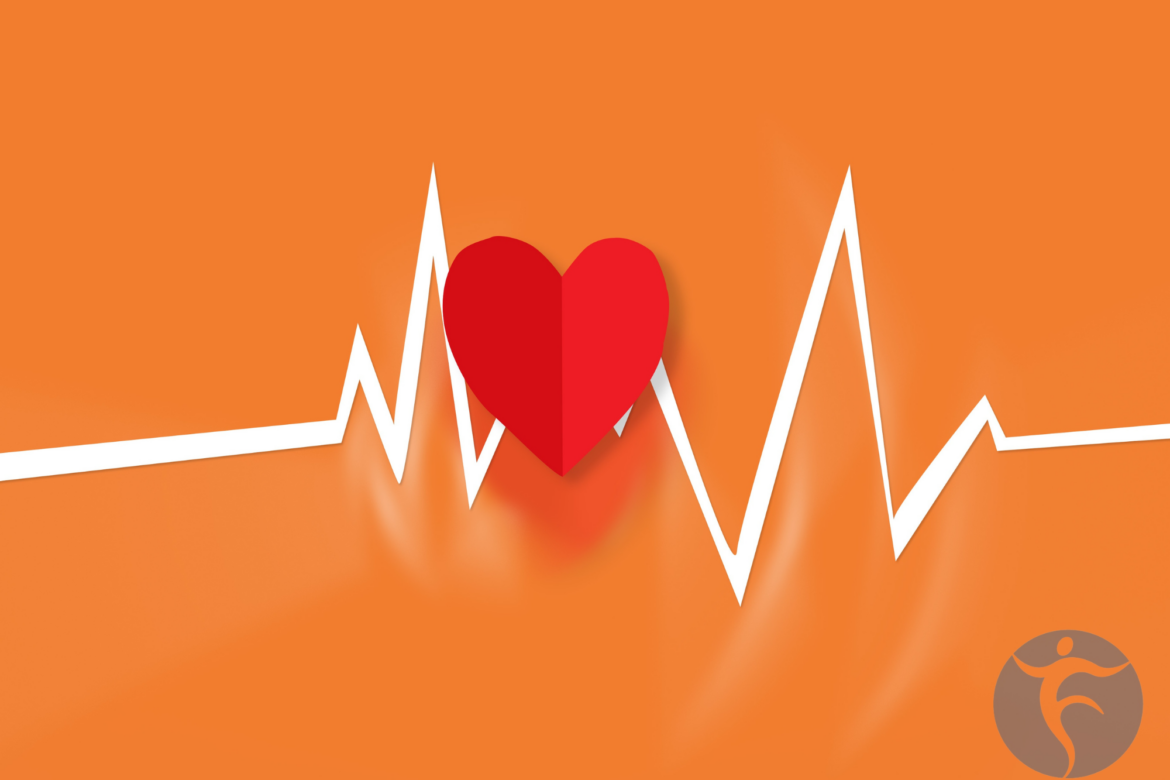Cardiac Screening in Physical Therapy
February is Heart Health Month, so it’s important to take the time to check in on your cardiac health. When taking care of your heart, waiting until there is an issue is too late. There are many ways to be proactive about your heart health, and we are here to help. Some cardiac diseases and their contributing factors can be completely silent and come without warning. In other cardiac diseases, there can be subtle signs and symptoms that people may or may not be aware of. Even in healthy individuals, there can still be signs and symptoms of factors that contribute to the development of cardiac diseases. Here is a cardiac screening in Physical Therapy.
Screenings in the clinic
Screening for cardiac health can be simple and completed quickly in a clinic. It is just a matter of taking a look at both a person’s clinical symptoms and their objective measurements. In the clinic, a PT may ask you about any symptoms you have of cardiac-related issues, such as:
– Shortness of breath
– Swelling in the extremities
– Excessive fatigue, without exercise
– Chest, neck, jaw, arm, or scapular pain/discomfort
– Nausea/vomiting
– Coughing/Wheezing
– Dizziness
– Palpitations
– Bouts of anxiety/nervousness
– Drug/alcohol habits
Common Signs and Symptoms for Cardiac-related Issues
These are just some of the more common signs and symptoms that may indicate a cardiac-related issue. We may also take objective measurements by looking at:
– Pulmonary function testing, measured with a spirometer
– Cardiac auscultation (listening to the heart)
– The rate (beats per minute) and strength of your pulses before, during, and after exercise
– Blood pressure
– Cardiovascular endurance
– Oxygen saturation
– Functional testing such as the 6 or 2-minute Walk Test, 2-3 Minute Step Testing, Cycling Tests, and more
Missed Heart-Related Signs
There are more serious, but sometimes subtle and/or missed signs of heart-related conditions, such as:
– History of cardiac (sometimes unexplained) death under the age of 40 within your family history
– History of fainting or seizures, usually connected to exercise, excitement, or startle
– History of chest pain/tightness, shortness of breath, or feelings of heart palpitations during exercise
What Else You Need to Know
Other, very important measures cannot be conducted by a PT. They give more specific and definitive data about the heart. They must be requested by or shared with the PT, and they include:
– Lab values via blood draw
– Recent surgeries
– Medication use and changes
– EKG (electrocardiogram)
– Other tests and measures including echocardiograms, stress tests, MRIs, angiographies, and more
When you identify some of these signs, symptoms, or histories, what should you do? Firstly, you have to consider the entire presentation of the patient. A physical therapist will evaluate the reason you are in the clinic, weigh other subjective reports tests, and measures, and evaluate whether these symptoms are relevant to a possible cardiac-related event or not. If they are, they may choose to refer you to your primary doctor for further evaluation. They may continue to treat you while being cognizant of these symptoms and choose to monitor them.
Being aware of these symptoms is the first step to being proactive about your cardiac health. Don’t ignore the signs and symptoms, and get in contact with the appropriate health professionals today.

